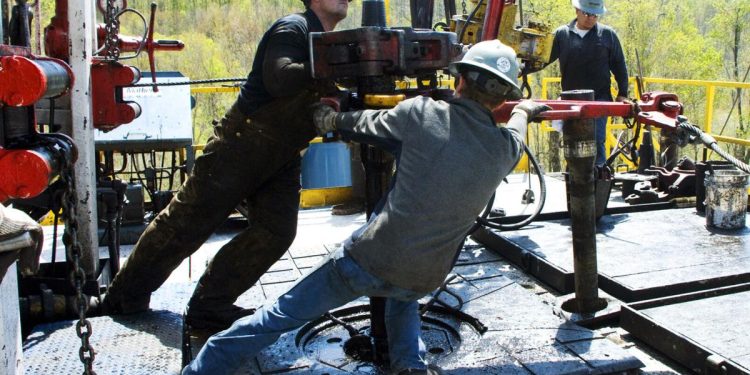By Anthony Hennen | The Center Square
(The Center Square) – The Russian invasion of Ukraine has changed energy supply chains, and one plan for the future could create more jobs and tax revenue in Pennsylvania.
House Republicans hosted a press conference Tuesday to advocate for expanding energy production in Pennsylvania as a way for the United States to become more energy independent.
“We must continue to do our part to divest from Russia and invest in freedom,” said Rep. Kerry Benninghoff, R-Bellefonte. “Gas producing areas need to do their part to step up. As our nation and our world’s leaders are looking to countries like Iran and Saudi Arabia – countries that do not share our values – for them to produce and increase production to make up the difference, they really should be looking here at Pennsylvania.”
Pennsylvania is the third-largest net supplier of energy to other states, according to the U.S. Energy Information Administration, and has about 23% of the expected future production of dry natural gas for the United States.
If more shale natural gas wells are drilled, tax revenue will increase thanks to the state’s impact fee, which goes to local governments and state agencies, according to the Independent Fiscal Office. Except for 2020, recent years have seen revenue between $200 million and $250 million annually. Gov. Tom Wolf has also looked to the natural gas industry in the past to raise revenues, proposing an extraction tax that would produce an estimated $300 million annually. Pennsylvania is the only major gas-producing state that doesn’t have a severance (or extraction) tax, relying on impact fees instead.
Expanding natural gas production, Republicans argued, would bring energy independence, create new jobs, and increase tax revenues.
“The legislation that I’m putting forward would put an end to the governor’s misguided moratorium on new gas leases on state lands and open up the opportunity for subsurface leases only,” said Rep. Clint Owlett, R-Wellsboro.
The Department of Conservation & Natural Resources has previously argued it is industry, not state approval of permits, preventing new wells from being drilled. DCNR leases to energy companies on state lands are only 33% utilized; state revenue could increase – if companies drilled on the rest of the lands for which they are already permitted.




